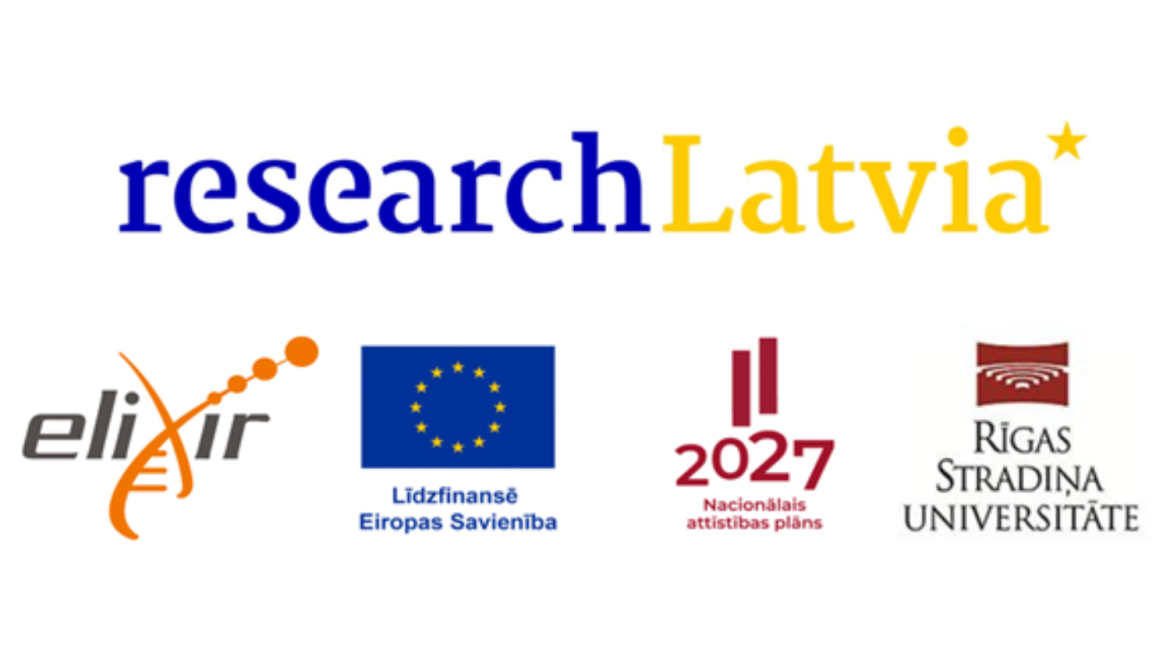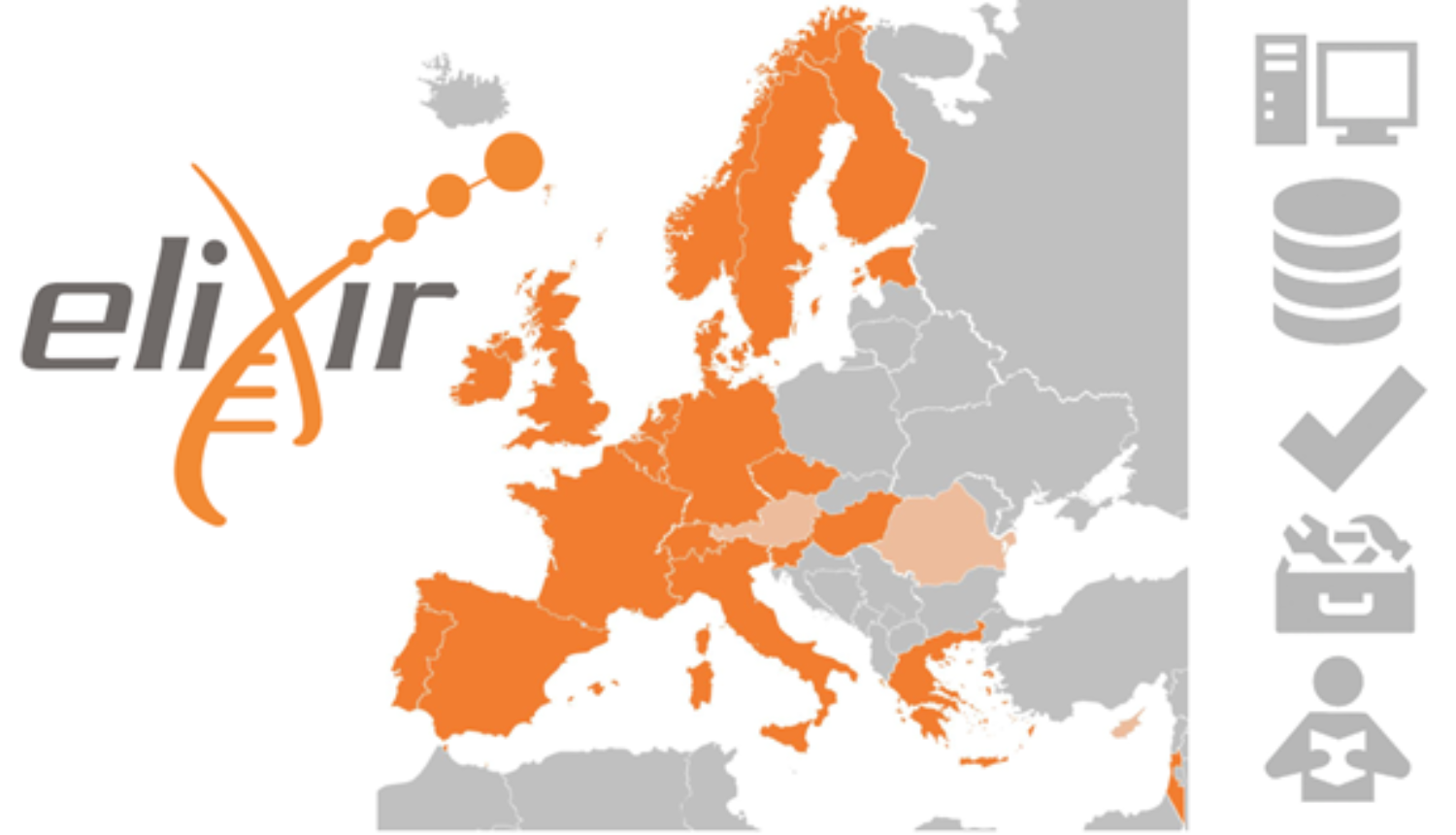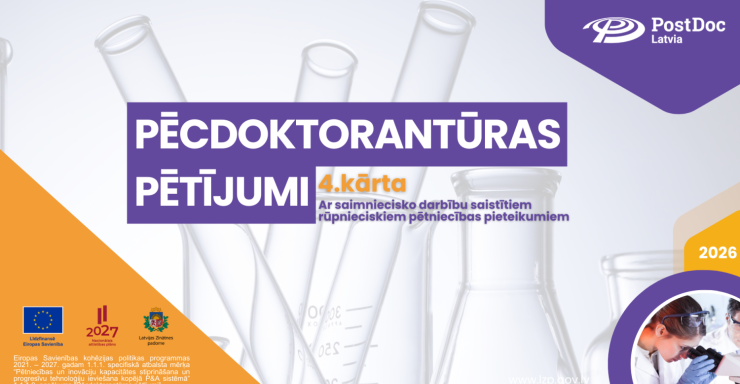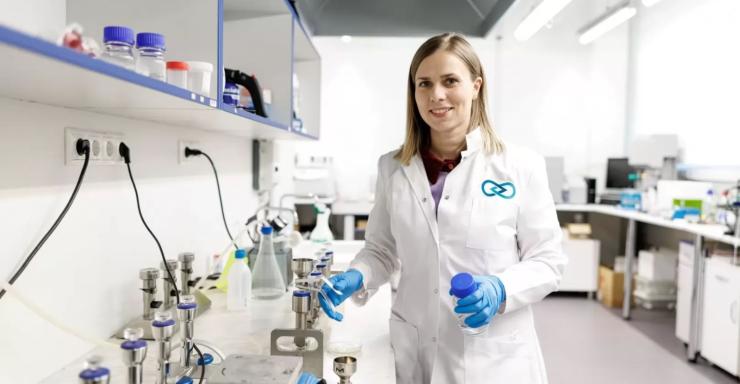On 1 June 2025, Riga Stradiņš University (RSU) started the project “RSU Participation in the Horizon Europe Programme” (project No 1.1.1.5/3/25/I/014). It will also implement one of the new ESFRI/ERIC Latvian National Partnership and Action Plans, which was not implemented in the previous programming period - the integration of Latvia into the European Life Sciences Infrastructure for Biological Information Consortium (ELIXIR). This is another important next step for Latvia's participation in European research infrastructures.
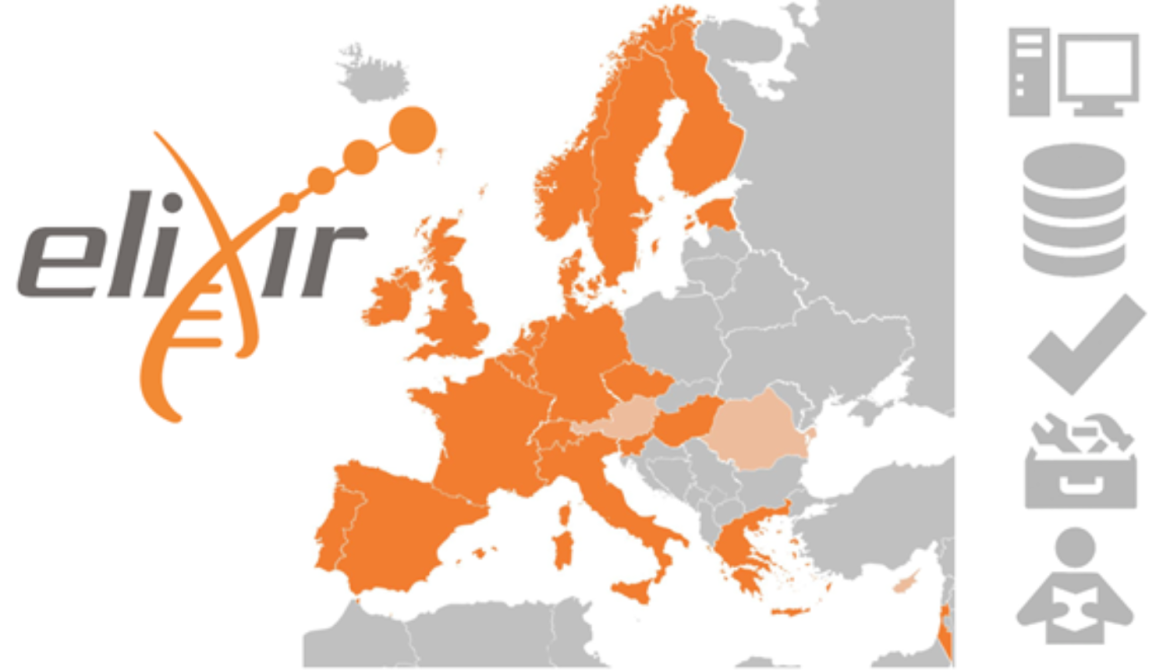
ELIXIR is an intergovernmental organisation that brings together European life sciences resources - datasets, software tools and workflows, interoperability and FAIR principles (findability, availability, interoperability and reusability), high-performance computing and training - into a single, coordinated infrastructure. It aims to support and develop data-intensive research in the life sciences, including bioinformatics, systems biology, precision medicine, agriculture and environmental sciences. ELIXIR develops relevant standards, best practices and digital tools, and provides educational workshops and training materials to help researchers develop their digital skills and make the most of the available infrastructure resources.
ELIXIR was established in 2013 and now brings together more than 250 research institutes from 22 Member States, including our neighbour, Estonia. The ELIXIR community includes more than 850 researchers from all over Europe. Each Member State has its own national node - a network of institutions that provide national services and support local users.
ELIXIR continues to expand - Austria, Romania, and Cyprus are currently Observers and are expected to become full Members in the near future. Malta and Croatia are potential Member states whose accession process is already underway. Slovakia and Poland are also expected to apply for Membership in the near future.
The goal of the future Latvian National ELIXIR Node between June 2025 and the end of November 2029 will be to strengthen the life sciences ecosystem in Latvia by building a sustainable bioinformatics and systems biology infrastructure in line with ELIXIR standards and priorities. Skills will be developed in data management, the development of reproducible and interoperable software tools and workflows, as well as the training of researchers and international knowledge sharing. These activities will ensure Latvia's successful integration into the ELIXIR community - initially as an Observer country and later as a full Member - while increasing Latvia's contribution to European research infrastructures and international projects.
